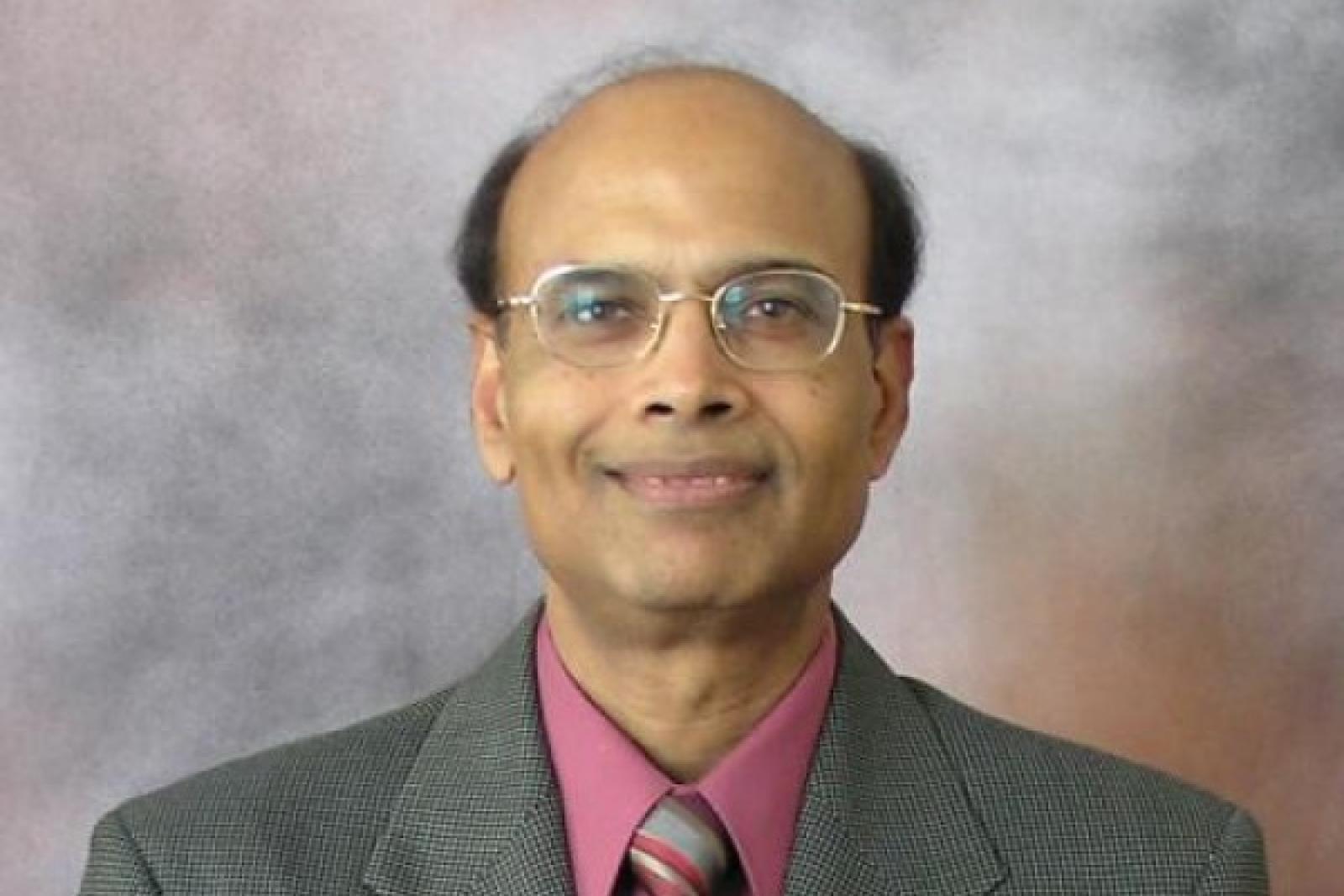Pharmacists’ responsibility to create a healthy, equitable society

Long before Milap Nahata, MS, PharmD, professor emeritus at The Ohio State University College of Pharmacy, immigrated to the United States, he thought of the country as a thriving example for democracy where all citizens had access to necessities including food, housing, education, health care and transportation.
After reaching the United States and spending time as a graduate student at Duquesne University, a pharmacy resident at Buffalo General Hospital and a faculty member at the Ohio State College of Pharmacy, Dr. Nahata observed challenges that people face because of inequities in our society.
A lack of access to essential needs for certain groups was apparent, but he saw opportunities to close the gaps and create a better environment for all people.
A journal article he wrote for the American Journal of Health-System Pharmacy (AJHP) titled, “Pharmacists’ responsibilities in a healthy democracy,” outlines his perceptions of inequities in the United States and how American pharmacists can build more equitable societies through various responsibilities and actions both as citizens and professionals.
In the article, Dr. Nahata argues that American pharmacists have dual roles and responsibilities as citizens and pharmacists to create a more just public.
He said that as citizens, we have a responsibility to uphold our democratic values—freedom, liberty and equality—because “citizenship is the common thread that connects all Americans.” As citizens, we should work, lead and serve to make our communities better whenever fellow citizens are denied these rights through structural inequities.
Dr. Nahata references the pharmacist’s code of ethics to shape the responsibilities pharmacists have in building a fairer society. Within the code are “maintaining professional competence, respecting the covenant relationship with patients while honoring their personal and cultural differences, acting with honesty and integrity, seeking justice in the distribution of health resources in fair and equitable ways, and serving the needs of individuals, the community and society.”
He said a pharmacist’s responsibilities start with showing integrity and honesty in every action to develop trust with all patients and health care team members.
Honest communication and trust leads to patients being more informed on best practices for their health and avoiding misinformation that would harm it.
“An effective pharmacist-patient relationship with cultural competence may reveal social, economic and health disparities being experienced by patients, which in part can be addressed by pharmacists to improve medication use and outcomes,” Dr. Nahata said.
Pharmacists can address the disparities to improve medication use and outcomes.
“Each interaction with a patient should be viewed as an opportunity to listen to concerns and positively influence health,” Dr. Nahata said in the article. “Our practice and research agenda should include identifying and addressing inequities in social determinants of health in our communities.”